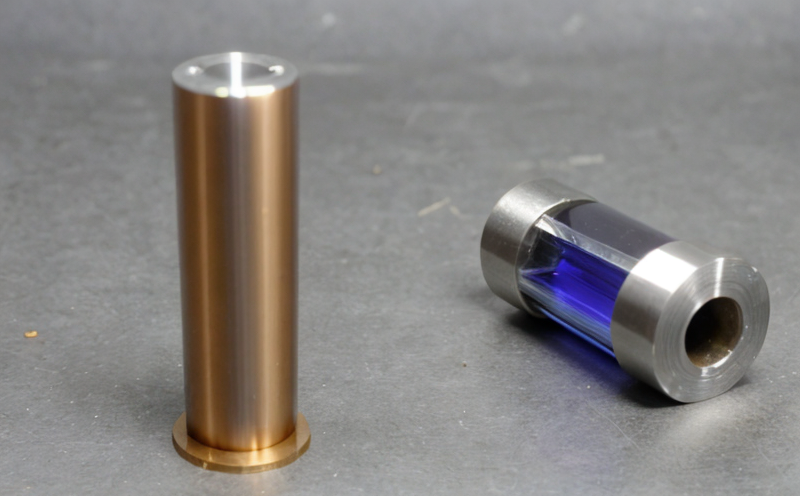JIS L1058 Testing dimensional change of knitted fabrics
The JIS L1058 standard is a critical tool for textile manufacturers and quality control professionals aiming to ensure the dimensional stability and shrinkage properties of their knit fabric products. This test method is particularly important in sectors where precision and reliability are paramount, such as fashion apparel, home textiles, and technical fabrics.
Dimensional stability refers to the ability of a material to retain its shape under various conditions, including heat, washing, and drying processes. Knitted fabrics often undergo significant stress during manufacturing and subsequent use, making dimensional stability testing essential for product longevity and customer satisfaction. The JIS L1058 test measures how much a knitted fabric sample shrinks in both length and width after being subjected to defined conditions of temperature and humidity.
The process begins with careful selection and preparation of the specimen according to the standard's requirements. Typically, this involves cutting specified dimensions from the fabric roll or piece goods. The prepared samples are then conditioned under specific temperature and humidity levels for a set period before undergoing testing. This conditioning step ensures that all samples start in uniform conditions, minimizing variability in test results.
The actual measurement of shrinkage is performed using precision instruments designed to capture even the smallest changes in dimensions accurately. The standard specifies precise methods for placing the sample into the measuring device and recording initial measurements before subjecting it to heat treatment. After heating, the samples are again measured with the same high-precision tools.
The results of these tests provide invaluable data that helps manufacturers optimize their production processes. By understanding how different factors like yarn type, weave structure, or post-treatment methods influence dimensional stability, textile companies can make informed decisions to improve product quality and performance. The findings from JIS L1058 testing are also crucial for compliance with international standards and regulations governing textile products.
Understanding the competitive landscape is essential in any industry, especially one as dynamic as textiles. Here’s how JIS L1058 testing contributes to a company's competitive edge:
- Enhanced Product Quality: By adhering to international standards like JIS L1058, companies can ensure their products meet stringent quality benchmarks, which enhances brand reputation and customer trust.
- Innovation Through Testing: Continuous testing helps identify areas where improvements are needed. This iterative process fosters innovation and keeps a company at the forefront of technological advancements in textile manufacturing.
- Better Compliance: With regulatory bodies increasingly focusing on product safety and environmental impact, compliance with standards like JIS L1058 can be a significant differentiator in the market. It demonstrates a commitment to responsible business practices.
- Market Leadership: Companies that consistently meet or exceed international standards are often seen as leaders in their field. This leadership position can translate into greater market share and customer loyalty.
Applied Standards
The JIS L1058 standard is widely recognized for its comprehensive approach to assessing the dimensional stability of knitted fabrics. This Japanese Industrial Standard (JIS) provides precise protocols and criteria that laboratories follow to ensure accurate results. The standard outlines detailed procedures for preparing specimens, conditioning environments, applying heat treatment, and measuring changes in dimensions.
Key aspects covered by JIS L1058 include:
- Specimen Preparation: Guidelines on how to cut samples from fabric rolls or piece goods according to specified dimensions.
- Conditioning: Instructions for maintaining specimens under controlled temperature and humidity conditions prior to testing.
- Heat Treatment: Specific parameters for applying heat treatment, including temperature and duration.
- Measurement: Methods for accurately measuring the length and width of samples before and after heat treatment.
Industry Applications
The JIS L1058 test is integral to various sectors within the textile industry, including fashion apparel, home textiles, and technical fabrics. In each of these areas, dimensional stability plays a crucial role in determining product performance and durability.
Fashion Apparel: For clothing manufacturers, ensuring that garments maintain their shape after washing is vital for customer satisfaction. JIS L1058 testing helps identify which factors contribute to shrinkage, allowing companies to adjust production processes accordingly.
Home Textiles: Products like curtains and bedspreads benefit greatly from tests conducted according to JIS L1058. Customers expect these items to fit well over time without significant changes in size or shape.
Technical Fabrics: In sectors where functionality is paramount, such as sports apparel or industrial textiles, maintaining dimensional stability ensures that the fabric can perform optimally under various conditions.





